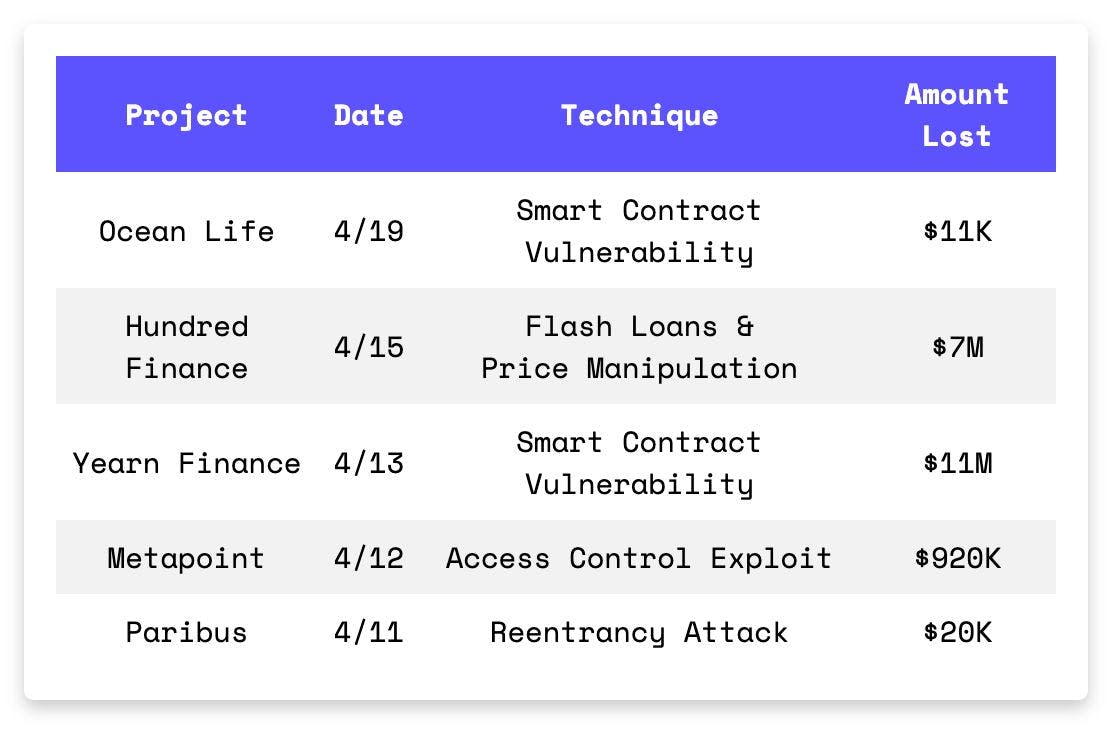Audio Presented by

Olympix is a DevSecOps tool that puts security in the hands of the developer by proactively securing code from day one.
Story's Credibility

About Author
Olympix is a DevSecOps tool that puts security in the hands of the developer by proactively securing code from day one.
